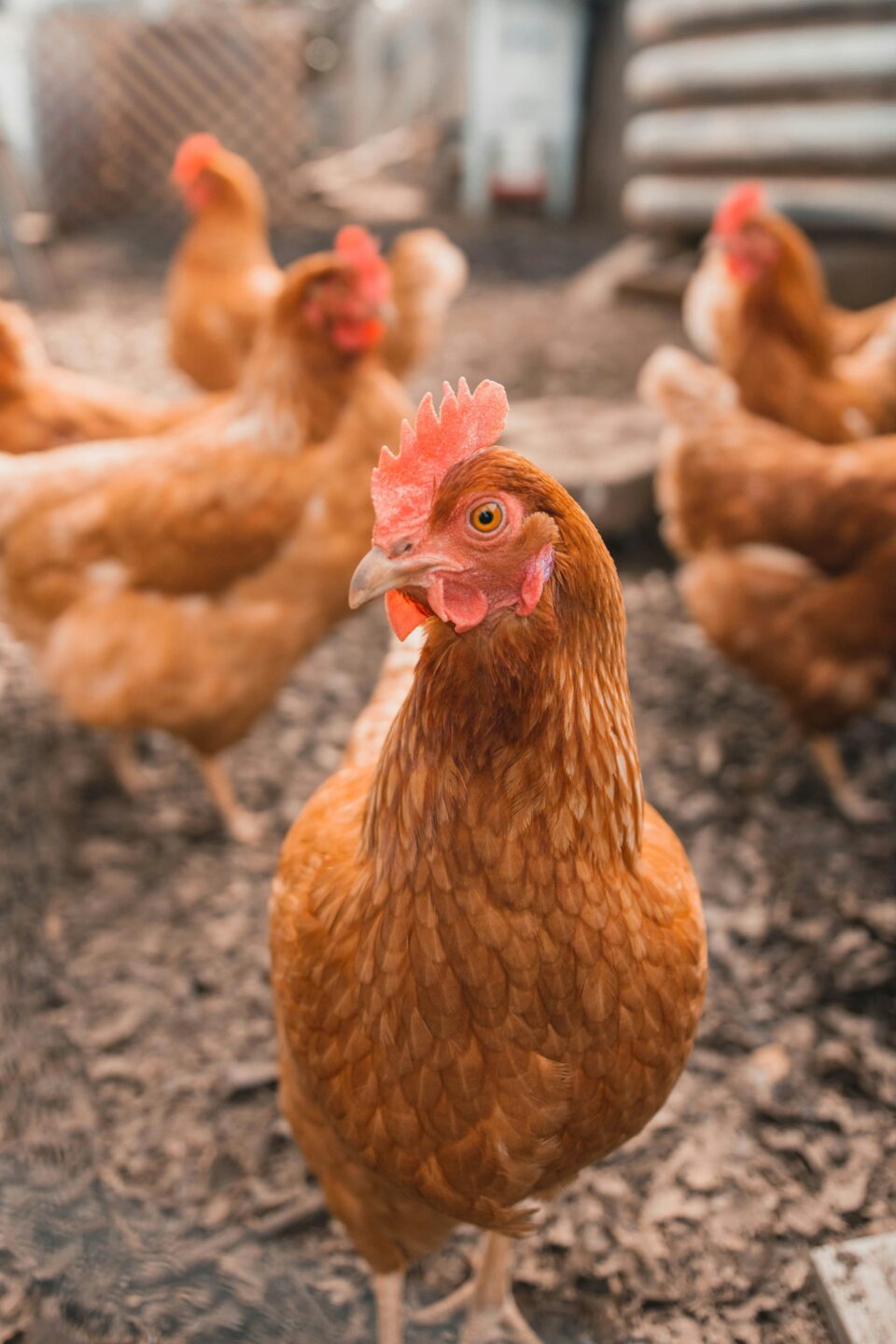Traditional Clay Pots Revolutionize Poultry Farming and Clean Energy in Kenya
Special clay pots are transforming poultry farming in Makueni County, Kenya, offering a sustainable solution to a long-standing challenge. Near Wote town, Anna Ndunda oversees her thriving chicken farm, where hundreds of chicks grow without losses, thanks to these innovative clay brooding pots. Dubbed the ultimate “mother hen,” the pots provide consistent warmth, shielding chicks from harsh weather conditions, especially during cold months like June and July.
The clay pots, filled with sawdust or charcoal and lit beneath a perforated section, radiate slow, steady heat while minimizing injury risks due to clay’s poor heat conductivity. With perforations to regulate oxygen flow, the pots ensure longer burn times and sustained warmth. This innovation, originating from Mbooni’s Tulimani ward—a renowned pottery hub—has revitalized traditional pottery by addressing modern poultry needs.
Pottery artisans, led by innovators like Joyce Mutuku, have transitioned from creating cooking pots to crafting brooding pots sold for Sh400 to Sh800. Special clay sourced from nearby forests under conservation agreements is purified, kneaded, molded on potter’s wheels, and fired in kilns. These age-old techniques now align with modern clean energy movements, with groups like Kyeni Kya Kitooni in Kitoo Village taking the lead.
This potters’ group not only produces brooding pots but also clay liners for energy-efficient stoves, which conserve energy and reduce wood usage. “We only use tree branches for cooking, preserving our neighborhood’s greenery,” explains potter Elizabeth Wavinya. These stoves have improved indoor air quality and reduced respiratory diseases while contributing to global environmental conservation goals.
Non-governmental organizations promoting clean energy have expanded the group’s reach, creating demand across counties such as Kitui, Kajiado, Machakos, and Tharaka Nithi. According to Dr. Matheus Kauti of South Eastern Kenya University, these stoves’ heat-retention properties ensure faster cooking and lower fuel consumption, making them highly efficient.
Makueni County’s government, under Governor Mutula Kilonzo Junior, has further supported clean energy adoption by training groups and facilitating access to affordable credit, boosting production capacities. Brooding pots, recognized as renewable energy innovations, are now gaining traction as a sustainable solution for poultry farmers.
For Anna Ndunda, these pots have revolutionized her poultry business. Unlike brooding bulbs that fail during blackouts, the clay pots ensure her chicks survive cold nights, maintaining nearly 100% survival rates. “A pot filled with charcoal and sawdust stays warm until 10 a.m. the next day,” she says. This reliable technology has given her peace of mind and propelled her success as a leading distributor of hybrid chicks and eggs.
By blending traditional craftsmanship with modern agricultural needs, clay brooding pots provide a low-cost, sustainable solution. This innovation showcases how cultural heritage can meet present-day challenges, driving advancements in agriculture, energy conservation, and environmental sustainability.



